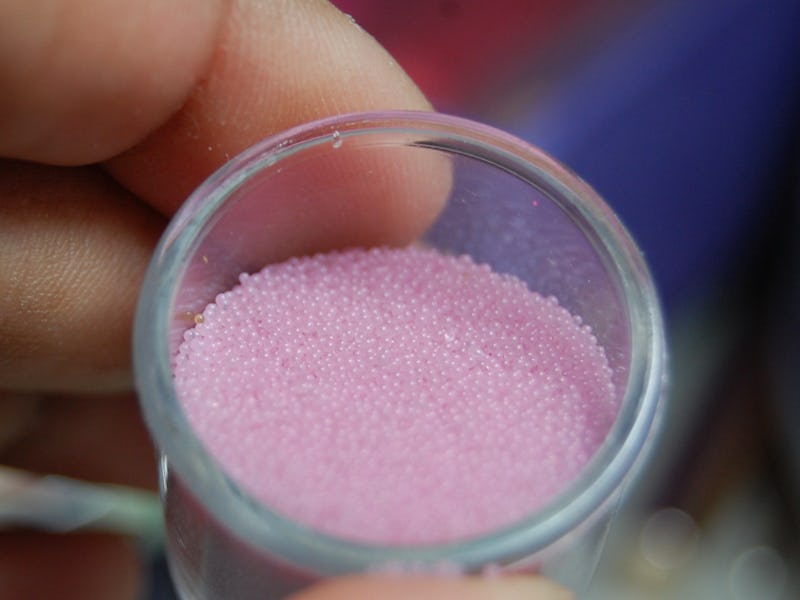Obama Signs a Bill to Kill Microbeads, Which Was About Damn Time
Adios, Garnier Microbead Purifying Deep-Cleanser Formula!

Microbeads, those wee bits of plastic that exfoliate your scalp but also do exactly what you think they’d do when you unload buckets of synthetic, non-degradable pellets into an aquatic ecosystem, an intricate network of fish and salamanders and bugs that just want to eat and fuck and breathe without mistaking tiny toxic beauty products for food (because, though nature is beautiful and cutthroat it isn’t, per se, intelligent), are now verboten in the United States. On Monday President Obama signed a bipartisan bill that bans any bead less than 5 millimeters in diameter from toothpastes, gels, and any other cosmetic or cleansing product. Good riddance to bad rubbish.
This has been a long time coming. A September study in Environmental Science & Technology estimated that America was adding 8 trillion microbeads a damn day to lakes, rivers, and the oceans. Statewide bans, like California’s new October legislation, had predated the federal kibosh; Canada outlawed microbeads in July.
If you really need to give that undercarriage the old nano-rub, dermatologists suggest greener options like ground seashells or sugar, which can scrape off whatever weird growth you have but won’t accumulate in the guts of a largemouth bass.
Before you get too engorged with victory over this shitty pharmaceutical aisle product, however, let us remind you that triclosan — an antimicrobial found in common liquid hand soaps — is linked to the rise of antibiotic-resistant bacteria in waterways but remains legal in most U.S. states. If Minnesota can ban triclosan, so can the rest of us.